The Impact Of The International Monetary And Financial Committee (IMFC) On Global Economic Stability
The Impact of the International Monetary and Financial Committee (IMFC) on Global Economic Stability
Related Articles: The Impact of the International Monetary and Financial Committee (IMFC) on Global Economic Stability
Introduction
In this auspicious occasion, we are delighted to delve into the intriguing topic related to The Impact of the International Monetary and Financial Committee (IMFC) on Global Economic Stability. Let’s weave interesting information and offer fresh perspectives to the readers.
Table of Content
The Impact of the International Monetary and Financial Committee (IMFC) on Global Economic Stability

The International Monetary and Financial Committee (IMFC), a key component of the International Monetary Fund (IMF), plays a crucial role in shaping the global economic landscape. Established in 1974, the IMFC serves as a forum for member countries to discuss and coordinate economic policies, contributing significantly to international financial stability and global economic growth.
The IMFC: A Platform for Global Economic Cooperation
The IMFC’s primary function is to provide a platform for dialogue and cooperation among member countries on issues related to the global economy. Its meetings, held twice a year, bring together finance ministers and central bank governors from IMF member countries to discuss a wide range of topics, including:
- Global economic outlook: The IMFC assesses the current state of the global economy, identifying key trends and potential risks. This analysis serves as a basis for policy recommendations and coordinated action.
- International monetary and financial system: The IMFC examines the functioning of the international monetary and financial system, addressing issues related to exchange rate stability, capital flows, and financial regulation.
- Financial stability: The IMFC discusses measures to promote financial stability, including addressing systemic risks, monitoring financial institutions, and developing appropriate regulatory frameworks.
- Development finance: The IMFC considers the role of development finance in promoting sustainable growth and reducing poverty, examining the effectiveness of IMF programs and exploring potential areas for collaboration with other development institutions.
- IMF governance and resources: The IMFC reviews the IMF’s governance structure and resource adequacy, ensuring the institution remains responsive to the evolving needs of its members.
The IMFC’s Role in Global Economic Stability
The IMFC’s contributions to global economic stability are multifaceted. By fostering dialogue and cooperation among member countries, the committee promotes:
- Policy coordination: The IMFC encourages member countries to coordinate their economic policies, minimizing the potential for harmful spillover effects and promoting global economic stability.
- Transparency and accountability: The IMFC’s open discussions and public statements promote transparency and accountability in economic policymaking, fostering trust and confidence in the global financial system.
- Early warning and crisis prevention: The IMFC’s regular assessments of the global economic outlook and its monitoring of potential risks help identify emerging challenges and facilitate timely intervention to prevent crises.
- Global financial safety net: The IMFC plays a key role in strengthening the global financial safety net, ensuring that countries facing economic difficulties have access to necessary resources and support.
- Development financing: The IMFC promotes the effective use of development finance, ensuring that resources are allocated efficiently and contribute to sustainable growth and poverty reduction.
The IMFC’s Impact: Examples and Case Studies
The IMFC’s impact on global economic stability is evident in its responses to various crises and challenges. For instance, during the 2008 global financial crisis, the IMFC played a crucial role in coordinating international responses, providing financial support to countries in need, and promoting policy measures to stabilize the global economy.
Similarly, the IMFC has been instrumental in addressing emerging challenges such as climate change, global imbalances, and the rise of non-bank financial institutions. The committee’s discussions and recommendations have helped shape policy responses to these issues, contributing to a more sustainable and resilient global economy.
FAQs
Q: What is the relationship between the IMFC and the IMF Board of Governors?
A: The IMFC reports to the IMF Board of Governors, which is the IMF’s highest decision-making body. The Board of Governors approves the IMFC’s recommendations and provides overall guidance on the IMF’s work.
Q: How does the IMFC ensure that the voices of all member countries are heard?
A: The IMFC operates on a consensus-based decision-making process, ensuring that all member countries have an opportunity to contribute their views and perspectives. The committee also seeks to represent the interests of all member countries, regardless of their size or economic power.
Q: What are the main challenges facing the IMFC in the current global economic environment?
A: The IMFC faces challenges related to:
- Geopolitical tensions: Rising geopolitical tensions and conflicts can disrupt global trade and investment, impacting economic growth and stability.
- Climate change: Climate change poses significant economic risks, requiring coordinated action to mitigate its effects and promote sustainable development.
- Technological advancements: Rapid technological advancements, such as artificial intelligence and blockchain, present both opportunities and risks for the global economy, requiring careful consideration and policy responses.
- Emerging market vulnerabilities: Emerging markets face challenges related to debt sustainability, capital flow volatility, and structural reforms, requiring ongoing monitoring and support.
Tips for Engaging with the IMFC
- Stay informed: Follow the IMFC’s activities and publications to stay abreast of its recommendations and policy discussions.
- Engage in dialogue: Participate in discussions and events related to the IMFC’s work, sharing your perspectives and contributing to the dialogue.
- Advocate for your interests: Advocate for policies that promote global economic stability and address the concerns of your country or region.
Conclusion
The International Monetary and Financial Committee plays a vital role in promoting global economic stability and fostering cooperation among member countries. Through its regular meetings, assessments, and recommendations, the IMFC contributes to:
- Policy coordination: Aligning economic policies to minimize negative spillovers and promote global growth.
- Financial stability: Strengthening the global financial system and mitigating systemic risks.
- Transparency and accountability: Promoting open and transparent economic policymaking.
- Development financing: Supporting sustainable growth and poverty reduction through effective development finance.
As the global economic landscape continues to evolve, the IMFC’s role in fostering cooperation and addressing challenges will remain crucial for maintaining global economic stability and prosperity.

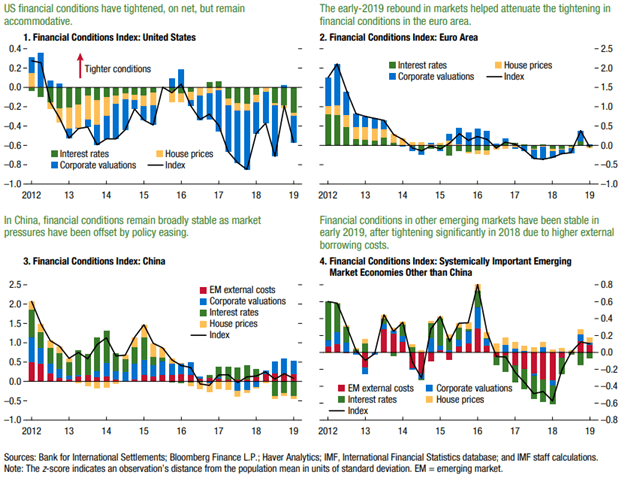
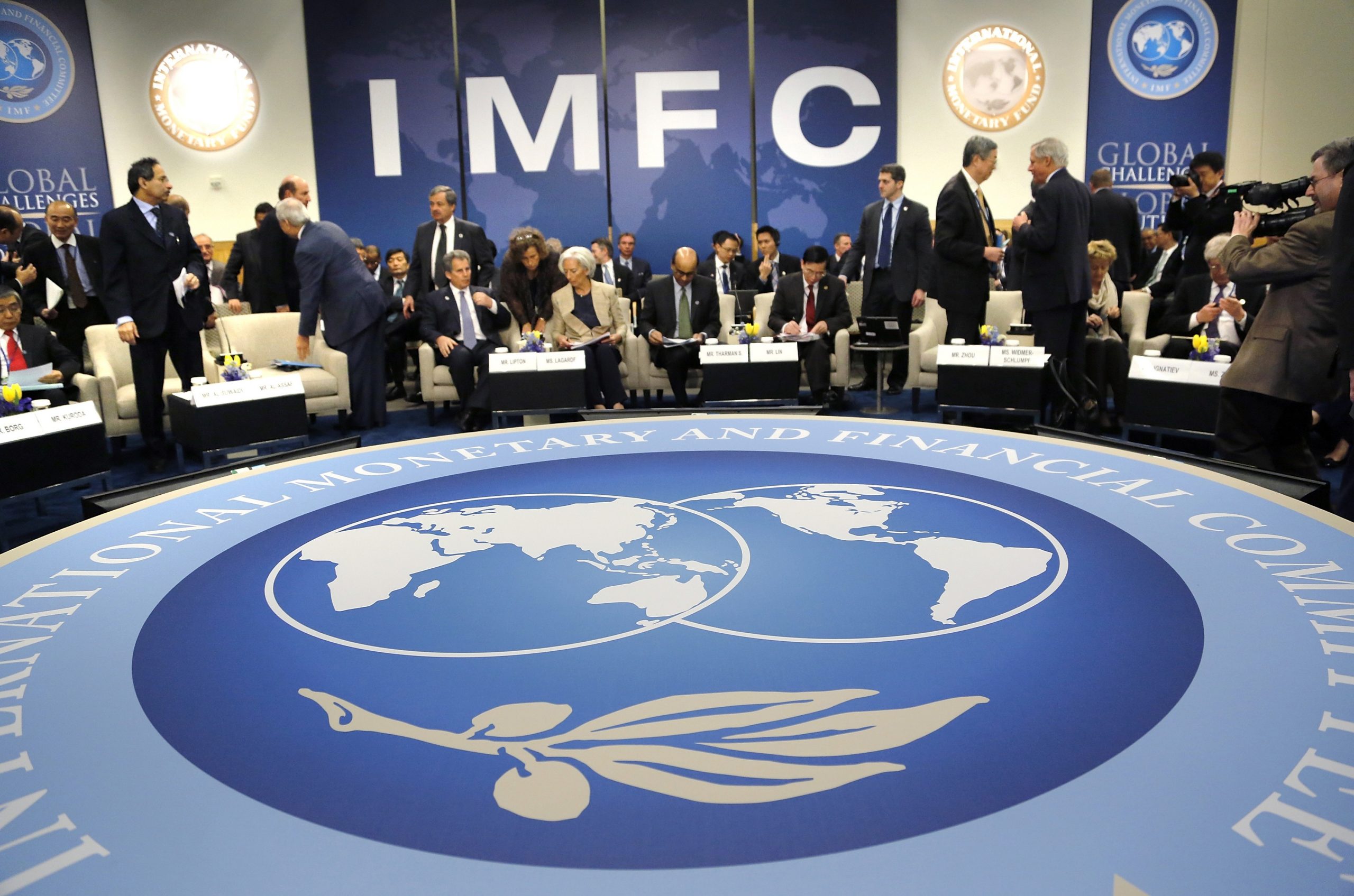

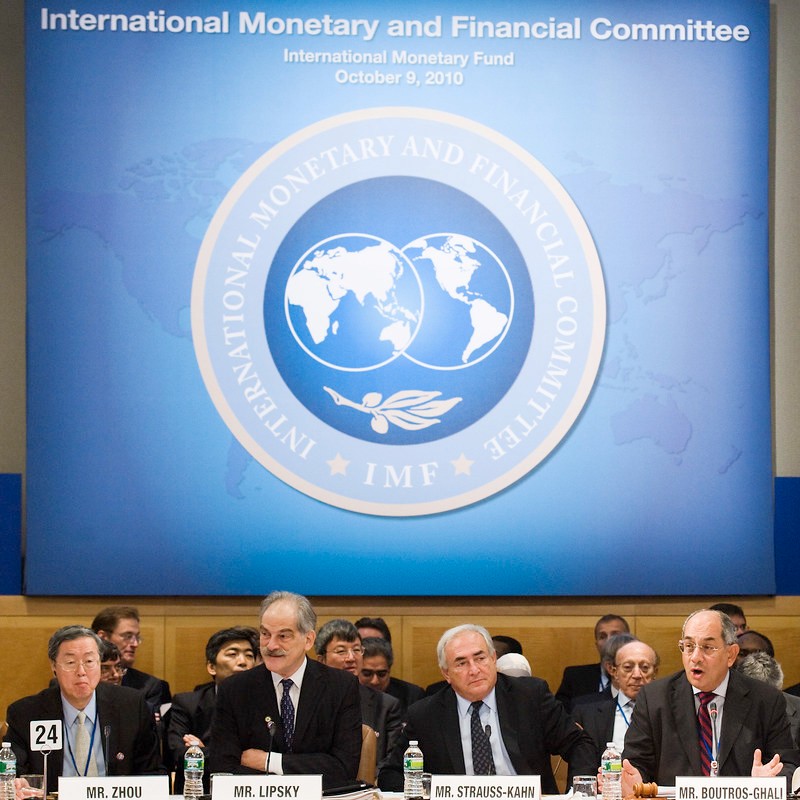
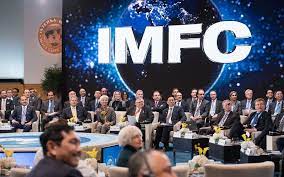
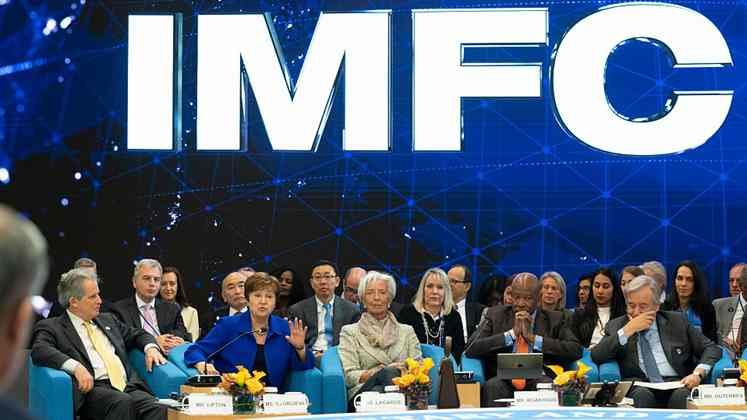
Closure
Thus, we hope this article has provided valuable insights into The Impact of the International Monetary and Financial Committee (IMFC) on Global Economic Stability. We hope you find this article informative and beneficial. See you in our next article!
